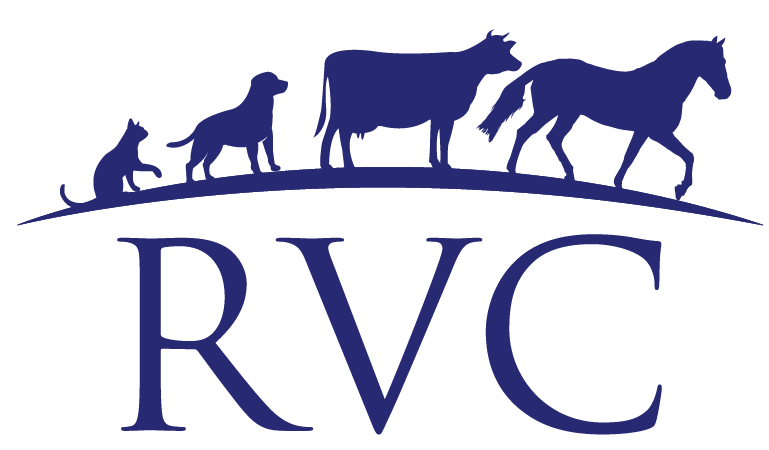Calf Scours: Fail to Plan, Plan to Fail
Anybody who has been through a scours outbreak can tell you, it is one of the worst experiences in farming. If you prepare now, you can reduce your chances of having a scours outbreak this coming season.
Keeping calves healthy:
4 – 6 Litres of clean, good quality, first milking colostrum within 12 hours of birth
At least 4L per day of colostrum for the first two weeks of life1
Good protocols for sick calves i.e., sick calf pen, separate feeders, places to wash boots between pens and clear protocols that all staff can understand and follow
Vaccinating your heifers and cows!
Vaccinating your heifers and cows with Rotavec® Corona 3-12 weeks before calving, boosts the antibodies in their colostrum and transition milk against three of the most common scours-causing pathogens: Rotavirus, Coronavirus (not the Covid-19 kind!) and E.coli. These antibodies can be excreted in the mothers milk for 28 days after calving.
Scour causing pathogens are present on most farms in New Zealand3 and calves are the future of your farm, so they need all the help they can get! Rotavec Corona will reduce the risk of your calves getting scours and will reduce the severity of any cases you do see.
In addition to ordering your Rotavec Corona, now is also the time to start planning how you manage colostrum and calf shed hygiene during calving, and to make protocols which you can easily kick into gear at the first sign of a scours outbreak.
Check that all your colostrum storage buckets/barrels have lids, so that dirt and flies can’t contaminate colostrum between collection and feeding. You can also fit-out your calf sheds with solid partitions between pens, which will help contain a scours outbreak by limiting the number of calves which have direct contact with one another.
Have a look at Top Farmers these guys have some great resources for you and your staff to upskill or refresh yourself before calving hits.
We are always here to help. Give us a ring if you want a hand checking over your calf rearing and colostrum management protocols. We can also help train or refresh staff.
Calving will be here before we know it, so be prepared, and get in touch with your vet about your calf rearing plan today.


